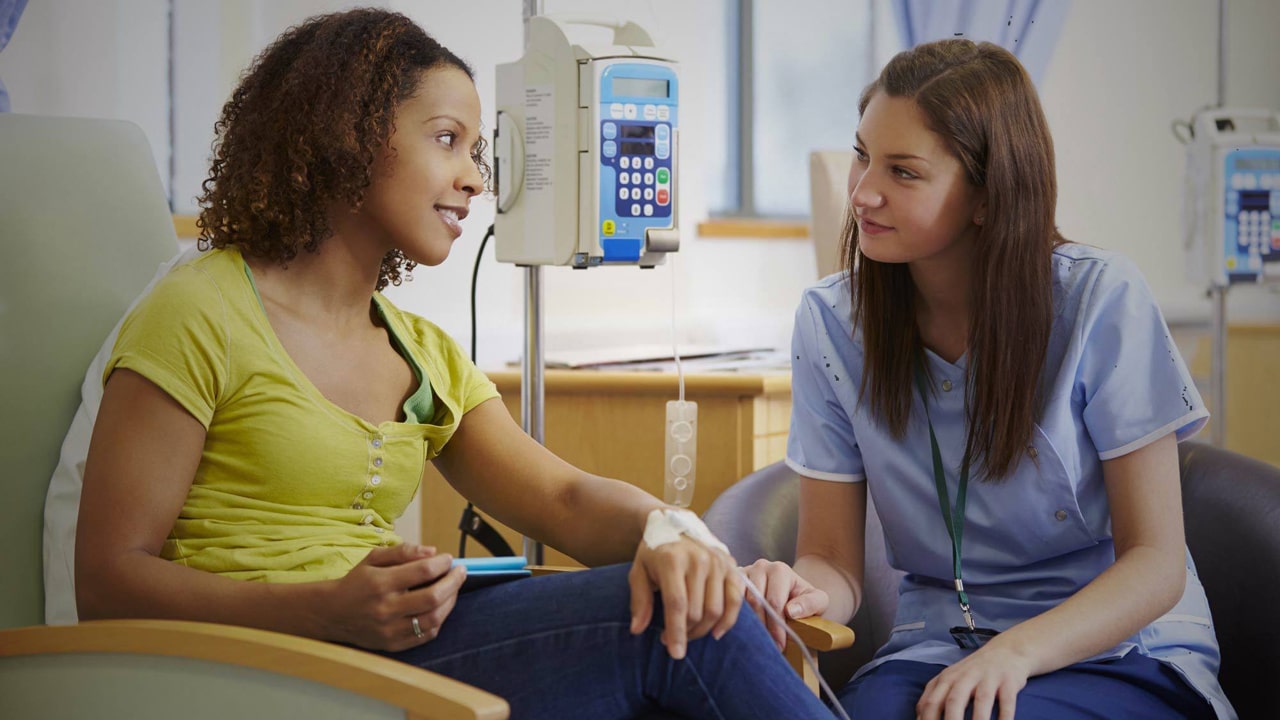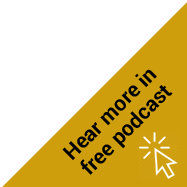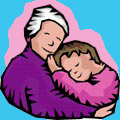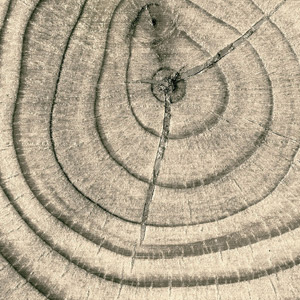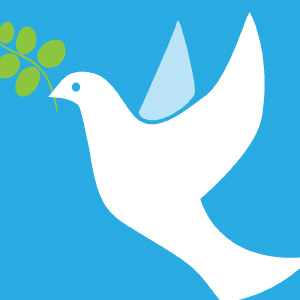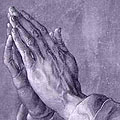Patients often complain about rushed doctor visits and, of course, the cost of medical services. But a number of studies in recent years highlight a different concern: whether as a patient you actually experience kindness when receiving health care (and many say they don’t). Being treated with basic courtesy and compassion — especially while undergoing medical distress — was rated in one nationwide survey as the most important factor when a patient chooses a provider.
In this Humankind documentary, we examine that challenge, from the perspective of both health care professionals — often serving in a stressful environment — and patients who come for help.
And whether patients are treated as human beings looms large. The vast majority of patients, according to the survey, would switch doctors if treated unkindly.
You’ll hear stories of a commitment to kindness as practiced in several real-world clinical venues.
Funded by the Communitude Initiative at the University of Minnesota School of Nursing.
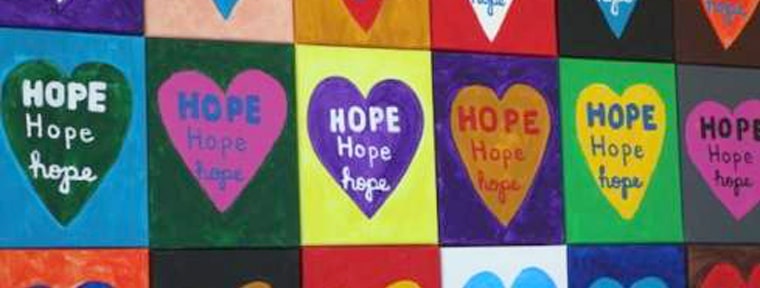
We visit a remarkable community health center, Northern Nevada Hopes, which takes care of 12,000 patients in Reno, many who are low-income. The CEO, Sharon Chamberlain, tells her unusual story of being formerly homeless and learning first-hand the pain that comes with being “invisible”. We include moving accounts of patients who’ve come to view the clinic as a supportive sanctuary as their lives are on the mend. You’ll also hear from health care professionals about how they prioritize kindness in interactions both with patients and with colleagues.
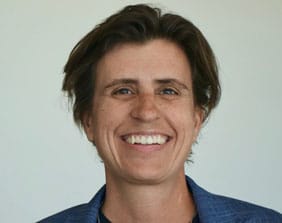 The hardest part, when I was out there, was feeling invisible. If I walk into a room today people see me, and people say hello. But back then if I walked into a room, literally no one would actually see you.
The hardest part, when I was out there, was feeling invisible. If I walk into a room today people see me, and people say hello. But back then if I walked into a room, literally no one would actually see you.
— Sharon Chamberlain, CEO of Northern Nevada Hopes
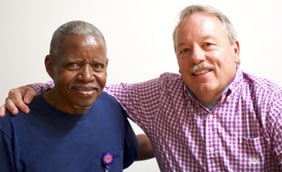 I have never been to any clinic or hospital where the medical staff was so compassionate, and so concerned about your whole entire well-being, and just not the situation that you’re in.
I have never been to any clinic or hospital where the medical staff was so compassionate, and so concerned about your whole entire well-being, and just not the situation that you’re in.
— Christopher Harris (L), patient
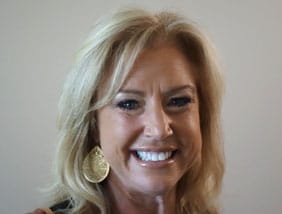 It’s just that constant letting people know that you care, and letting them know that there’s somebody in their life that is on their side, and is cheering them on. Even if it’s not to that finish line yet, but it’s getting there.
It’s just that constant letting people know that you care, and letting them know that there’s somebody in their life that is on their side, and is cheering them on. Even if it’s not to that finish line yet, but it’s getting there.
— Tiffany Ogle, human resources director
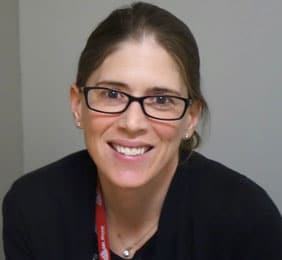 We take care of patients that are often challenging to take care of. That isn’t necessarily their fault. They come from a whole host of bad experiences, being treated poorly, often have a lot of armor—by the time that we might interact with them.
We take care of patients that are often challenging to take care of. That isn’t necessarily their fault. They come from a whole host of bad experiences, being treated poorly, often have a lot of armor—by the time that we might interact with them.
— Natalie Vogel, MD
I’ve never had the experience where the doctor called me at home and asked me, “Did you get the medicine that I prescribed you? Did you get the blood test that I needed you to take? This was the doctor calling.”
— Alexander Johnson (R, pictured above), patient
We listen to nurses in the Twin Cities who are drawn to their profession by compassion for patients. A nursing educator relates the experience of her powerful encounter with a frail patient who was hemorrhaging and who asked if he was dying. But providers also reveal the difficulties of remaining emotionally “present” in a high-stress medical setting. Said one nurse, people who are hurting “might come in hot and confrontational, and we might be having a bad day and meet them there.” Several patients tell what it’s like to be treated unkindly or to feel undervalued in the clinic. We consider the primary importance of listening to patients as a way of conveying respect.
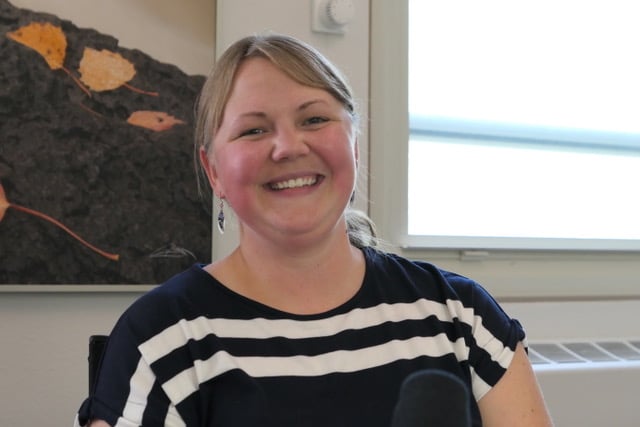 In general I feel that there’s a lack of kindness in the world. A lot of people come into the hospital having huge stress, financial and life burdens that we don’t know anything about.
In general I feel that there’s a lack of kindness in the world. A lot of people come into the hospital having huge stress, financial and life burdens that we don’t know anything about.
— Bridget Gehrz, critical care nurse
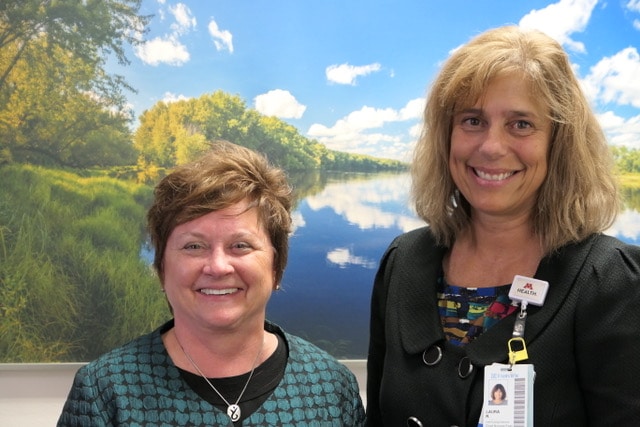 Connection must be there for the experience of kindness to happen because the connection is about, ‘I am listening. I am focused on you as a priority.’ And I think people in this experience of kindness first want to be respected and heard.
Connection must be there for the experience of kindness to happen because the connection is about, ‘I am listening. I am focused on you as a priority.’ And I think people in this experience of kindness first want to be respected and heard.
— Connie Delaney (L), nursing school dean, Univ of MN
“I think what makes it challenging sometimes are the realities of our day. You know, the volume of our patients, the acuity or sickness of our patients, the stresses that we might have going on in the unit, or even in our lives that we bring to work.
— Laura Reed (R, pictured above), chief nurse exec, Fairview Health Services
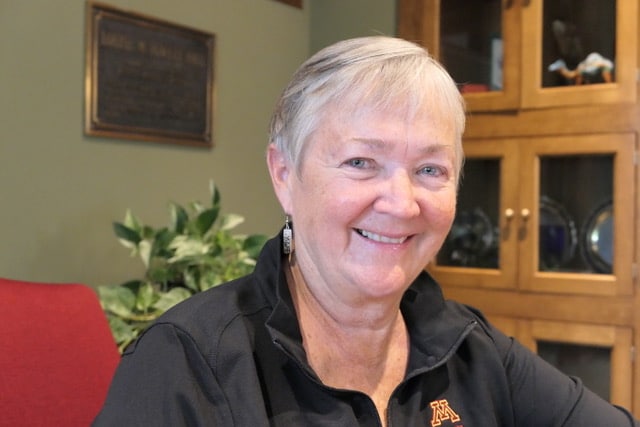 If while I’m changing a dressing, or changing a line, if I have eye contact, if I call you by name, if I use touch, those things don’t necessarily take more time, but they do require intentionality.
If while I’m changing a dressing, or changing a line, if I have eye contact, if I call you by name, if I use touch, those things don’t necessarily take more time, but they do require intentionality.
— Mary Jo Kreitzer, nurse educator, Bakken Center
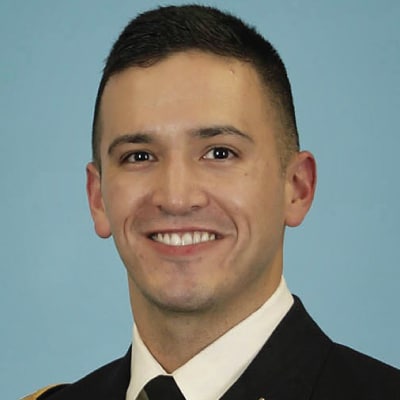 I practice journaling. It’s always good to kind of relive the moments of your day, but also exercise a little bit of gratitude when it comes to your life, especially when you’re stressed.
I practice journaling. It’s always good to kind of relive the moments of your day, but also exercise a little bit of gratitude when it comes to your life, especially when you’re stressed.
— Kirk Butler, anesthesiology nurse
Web Extra
Mary Jo Kreitzer, founder and director of the University of Minnesota’s Center for Spirituality & Healing, discusses the value of mindfulness when dealing with bothersome professional interactions.
To learn more:
Americans Rate Kindness as Top Factor in Care.
Earl E. Bakken Center for Spirituality and Healing.
Our free Humankind series on resilient nurses exploring pressures on contemporary nurses; ways to stay calm and clear in a hectic worklife; the art of listening; and “compassion fatigue”.
Our Humankind documentary on Health Inequality.
Compassion: A scoping review of the healthcare literature —
“The importance of compassion within healthcare, while seemingly self-apparent and frequently referenced in the literature, has received little in the way of empirical attention over the past quarter century.”

